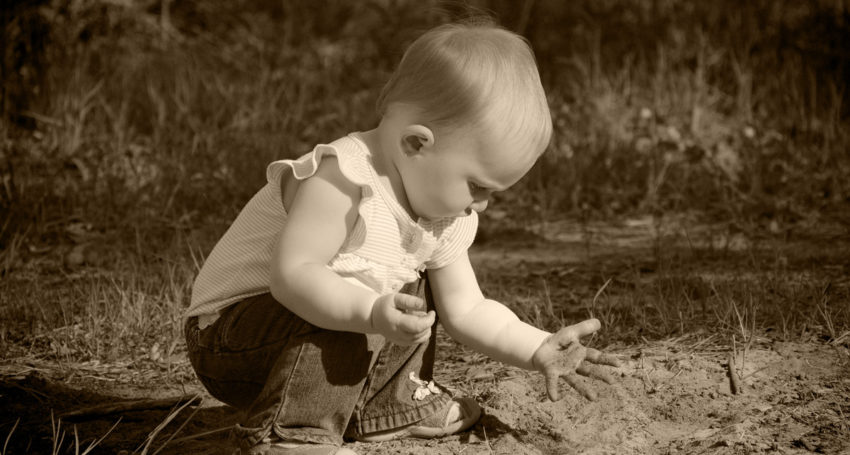Biodiverse soils ease anxiety
Health & Medical
The link between microbiomes and biodiverse soil dust may be key to understanding the relationship between green spaces and mental health.

Sign up to receive notifications about new stories in this category.
Thank you for subscribing to story notifications.

In a new study, published in Science of the Total Environment, University of Adelaide researchers found evidence of a potentially broadly-acting microbial link between the health of ecosystems and the health of people.
The research joins a growing body of evidence indicating exposure to green spaces has a range of health benefits – including on mental health – while greater urbanisation is linked with increased risk of mental health disorders.
It follows a paper published earlier this year, which found growing more native plants in cities would increase microbial diversity and help combat the rise of non-communicable diseases such as asthma and inflammatory bowel disease.
Lead author Craig Liddicoat, from the University of Adelaide’s School of Biological Sciences, said the study showed the inclusion of a rare organism – butyrate-producer Kineothrix alysoides – was linked with reduced anxiety-like behaviour.
“Butyrate is a small molecule that results from the breakdown of plant material, but it is also a key product linked to gut health and mental health in humans,” Liddicoat said.
“We found that the guts of mice in the high biodiversity treatment were supplemented most with a particular soil-derived butyrate producing bacteria. Also, increasing relative abundance of this particular bacteria correlated with reduced anxiety-like behaviour in the most anxious mice.”
Liddicoat said the research was a significant step forward in showing that airborne exposure to natural biodiversity can influence the gut microbiome and, in turn, human health.
“With biodiverse urban green space, that promotes the right kind of microbial exposures, we have potential for public health gains, while supporting our biodiversity at the same time,” he said.
“This work strengthens the argument for conserving and restoring biodiverse green space in our cities.”
Jump to next article



